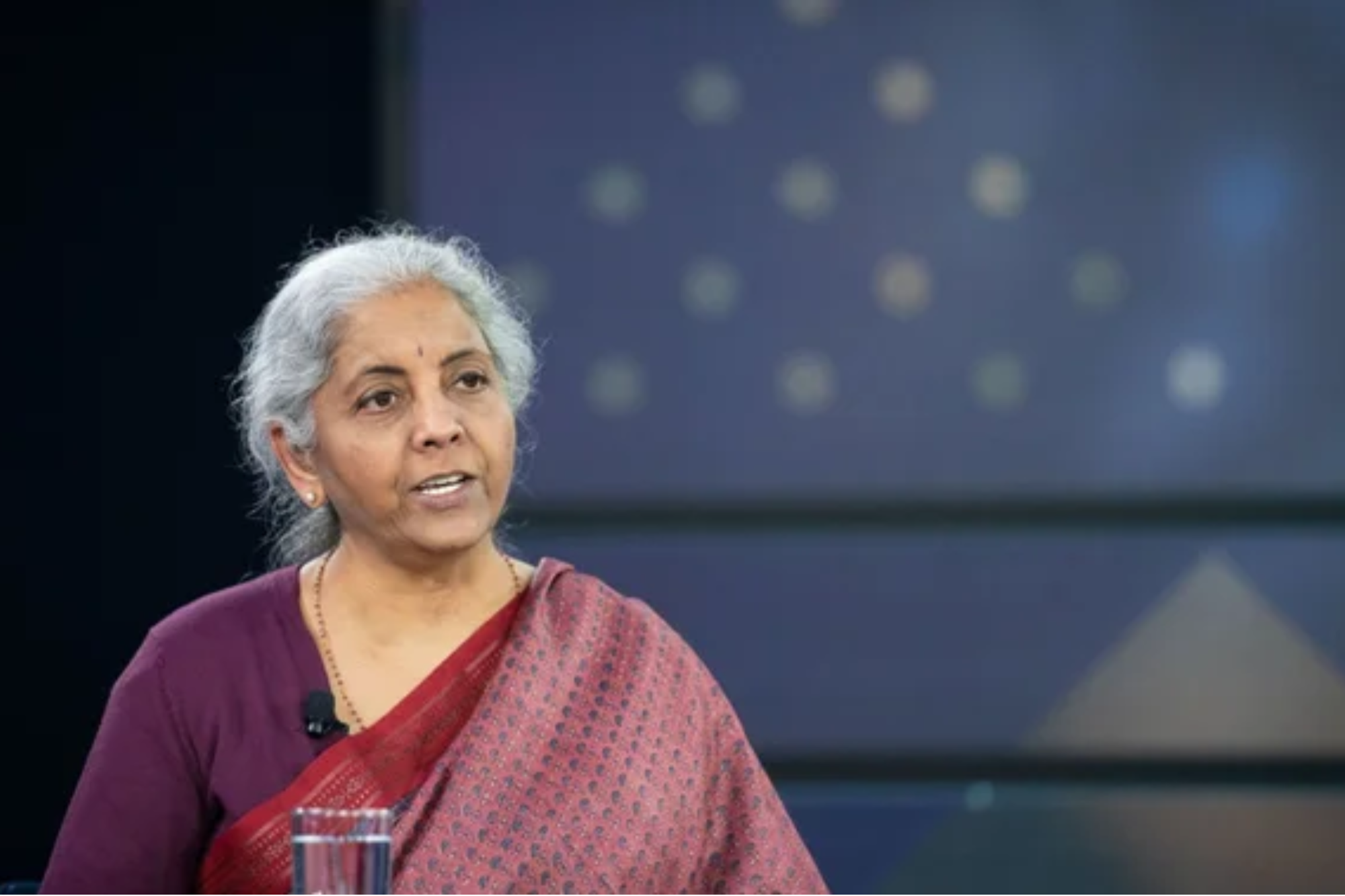Indian Economy: COVID-19 And Beyond At this juncture, we must do away with fear and focus on recovery and resilience.
Opinions expressed by Entrepreneur contributors are their own.
You're reading Entrepreneur India, an international franchise of Entrepreneur Media.

Even before the COVID-19 outbreak, the global economy was struggling against trade-protectionism, US-China trade wars, European uncertainties over Brexit and falling commodity and energy prices. The world wakes up to alarming data every day, with the infection count at 4.28 million, 292,000 lives claimed and a global recession unleashed as of writing this article. Though the number of new confirmed cases is starting to level on a global basis, the real picture is fragmented as different countries are in very different stages of the pandemic.
The statistics emerging from the situation are not heartening. During the lockdown, 140 million Indians have lost their jobs. As per a Barclays research estimate from April 14, the lockdown cost Indian economy $26 billion per week. The same agency on March 24 had estimated that the lockdown would cost India $16.6 billion per week. The discrepancy goes to show that predictions are not an exact science given the dynamic nature of the situation and it would be better to err on the side of caution. Averaging all estimates, GDP growth for 2020 is likely to go down to a negative 0.5 per cent, the worst since economic liberalization in 1991. Acuite Ratings evaluated the total economic impact of the first 21-day lockdown at INR 7-8 lakh crores. Indian e-commerce sector suffered losses amounting to INR 3,016 Crore a week, with sales of everything except essentials banned and initial confusion over what essentials comprise of.
The crisis is pressuring governments worldwide to roll-out swift monetary and fiscal policies to support credit markets and sustain the economy. In one among the largest packages by countries, the Indian government has just announced a INR 20 lakh crore fiscal stimulus package, almost 10 per cent of national GDP. The figure includes the already in-circulation INR 1.7 lakh crore economic stimulus covering direct cash-transfers and free rations for the needy. Another large part of the package, INR 8.04 lakh is added liquidity into India's economy by RBI. Collateral free loans for small businesses, changes in MSME stature criteria, relaxed tax-filling days, tax reductions for self-employed, loan moratoriums, government purchase of low quality debt bonds from NFBCs and contributions towards employee pension schemes are largely the parts of the stimulus announced so far. Overall, the Indian government seems to have designed the package for grassroots impact and liquidity without burdening fiscal reserves.
This is a welcome move, rekindling hopes that cash will be back in circulation, reviving consumer spending and embarking on the road to recovery. The Indian government is also taking this opportunity to take a philosophical stand in encouraging self-reliance and thrusting hard for "Make in India' and "Digital India'. Given the interconnected and highly complex nature of global supply-chains, the crisis that started at the source in China, world's manufacturing hub, had repercussions on the entire network – disrupting both upstream and downstream production processes and compromising fulfilment around the world. The result has been escalating trade-tensions and a universal call for localization of supply-chains, especially those of essential needs. COVID has exposed vulnerabilities and risks in global supply chains that must be urgently reformed o tackle future black-swan events better.
Experts say that the virus is here to stay, and total normalcy cannot be expected to return anytime soon till we have a cure or a vaccine. What this really tells us, is that normal is whatever reality is, not what we are comfortable with. At this juncture, we must do away with fear and focus on recovery and resilience. The need of the hour is to focus on:
- bringing back demand
- recovering revenue
- rebuilding robustly, digitally
- laying out shock-proof supply chains
- staying innovative and future-focused
As we wait to see what lockdown 4.0 has in store, we should not sit hoping for "back to normal' but buckle up for extra-ordinary effort and aim at emerging stronger than ever before.











